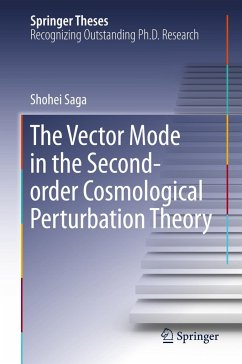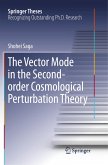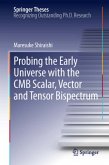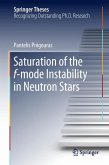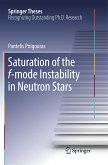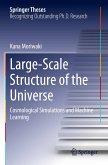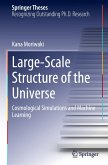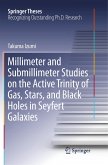This thesis sheds valuable new light on the second-order cosmological perturbation theory, extensively discussing it in the context of cosmic microwave background (CMB) fluctuations. It explores the observational consequences of the second-order vector mode, and addresses magnetic field generation and the weak lensing signatures, which are key phenomena of the vector mode.
The author demonstrates that the second-order vector mode, which never appears at the linear-order level, naturally arises from the non-linear coupling of the first-order scalar modes. This leads to the remarkable statement that the vector-order mode clearly contributes to the generation of cosmological magnetic fields. Moreover, the weak lensing observations are shown to be accessible to the vector mode. On the basis of ongoing and forthcoming observations, the thesis concludes that the second-order vector mode is detectable.
The author demonstrates that the second-order vector mode, which never appears at the linear-order level, naturally arises from the non-linear coupling of the first-order scalar modes. This leads to the remarkable statement that the vector-order mode clearly contributes to the generation of cosmological magnetic fields. Moreover, the weak lensing observations are shown to be accessible to the vector mode. On the basis of ongoing and forthcoming observations, the thesis concludes that the second-order vector mode is detectable.

